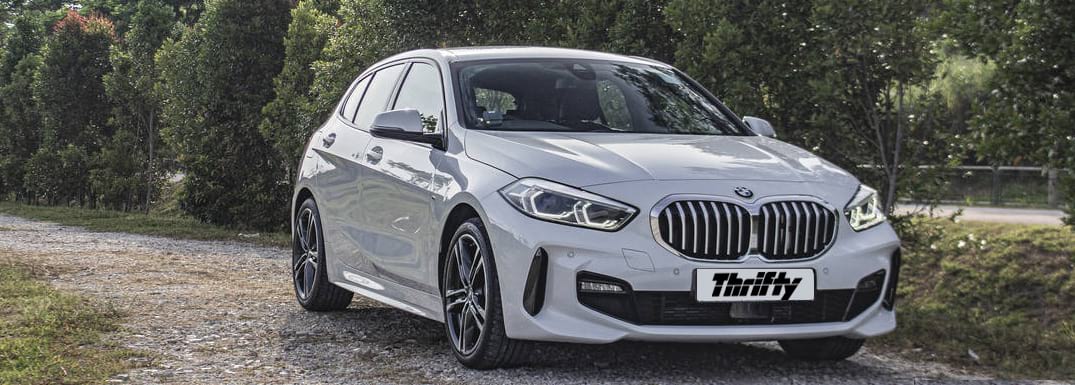The dimensions and the type of vehicle that you choose for your rental vehicle will depend on factors like the number of people travelling together, the quantity and weight of luggage, as well as the location. You can choose the best car by taking into consideration the number of passengers Prior to that, you'll need to know how many people you will be travelling with. Compact cars are ideal for people who are traveling on their own or in a small group of. For large groups, you'll require a car that can accommodate everyone. Consider whether your passengers require extra space during long journeys.
Quantity of Luggage: Determine the total amount of luggage, which includes bags and suitcases, as well as other things. It's possible that you only require a small car or a midsize one with trunk space for your luggage if it's small. You'll also need to have a vehicle large enough for your luggage, sports gear and other bulky objects. A minivan, SUV, station wagon, or van with plenty of storage space for cargo is ideal.
Destination: Consider your destination, as well the type of terrain that you'll be facing during your travels. A smaller car is more practical and maneuverable if you are travelling in urban areas where parking or streets are slender. For off-road adventures or trips in remote areas that have rough terrain or rugged terrain, you may need a 4WD SUV with large ground clearance to ensure security and safety.
If you have specific requirements such as access for children, child seat features, or the capacity to tow, be sure that they are taken into consideration. Some rental companies have special vehicles designed to meet specific requirements. These may include luxurious convertibles or cars as well as electric and hybrid vehicles.
You can choose the right car type and size to meet your requirements by considering variables such as the number of passengers, luggage, the destination and special needs. Make sure you communicate clearly your requirements to the rental agency when you make your reservation to ensure that they can accommodate them. See the best click for source for site examples including one day car rental, sports car rental, car hire rent a car, car rental rate, luxury car hire near me, rent your car out, rent a mercedes, best rental cars, rent a car around me, best car rentals near me and more.

How Can You Examine Your Car For Damages Or Signs That It's Worn Out?
It is recommended to inspect the vehicle for signs of damage or wear before you sign the papers. This is to avoid being held liable for any issues that are already there. Follow these steps to conduct a thorough check.
Examine the body's exterior of the vehicle for damage such as scratches, dents, and other damage.
Attention should be paid to bumpers, doors fenders, mirrors, and other parts that can easily be damaged.
Examine the windshield for chipping and cracks.
In the vehicle, check for signs of leaks and damaged to the frame.
Interior Inspection
Unlock all doors including the trunk and look inside the car.
Examine the upholstery, seats and carpets for signs of tears, stains or wear that is excessive.
Verify that the adjustment on all seats, including the one for the driver are in good working order.
If you find any damage, check the dashboard and steering wheel.
Examine the condition of the heating, air conditioning, and ventilation systems.
Check your audio system, lighting, turn signals and other electronic parts.
Functional Inspection
Start the car and look for warning lights or warning messages on the dashboard.
Check the accelerator, brakes and clutch (if applicable) to ensure they operate efficiently.
Verify that all the lights are functioning by turning off your brakes, headlights, and high beams.
Test the wiper fluid, horn and parking brake.
Record any damage that may occur.
Use a rental agreement form that is provided by the rental company or a smartphone app to document any existing damage or issues.
Make multiple videos or photos from various angles of your vehicle, paying special attention to areas that show evidence of damage.
Please note the exact location and the severity of all scratches, dents, and other damage on the rental contract form.
Any existing damage should be brought to the attention of the representative of the rental company prior to accepting the vehicle.
Report any damaged:
Check the vehicle over and over again, and notify the company representative about any damages you discover.
You can ask them to provide a copy or the inspection report and document the damages in their files.
Fill out the rental contract form or the inspection report together with the representative from the rental company, to acknowledge the damage that is already present.
By following these guidelines and thoroughly examining the rental vehicle for any damages or signs of wear and tear prior to accepting it, you can protect yourself from liability and ensure a smoother rental experience.

What Are The Most Vital Things To Know Regarding The Fuel Policy?
Understanding the rental company’s fuel policy will allow you to avoid extra charges and ensure that you can return to your rental with ease. What is the best way to understand the policy on fuel? Read the rental agreement: Go through the rental agreement offered by the company carefully. The agreement will typically outline the fuel policy, which typically is found in the section entitled "Fuel Policy," or "Refueling."
Review the Terms: You should check the terms and conditions to determine if there are any specific requirements regarding the policy on fuel. This is the case if you have to return the vehicle with a full tank of gasoline, if the tank was purchased at a particular cost, or if refueling fees are in place.
Questions to Rental Company Representations: If there is any confusion about the policies regarding fuel in the rental contract, or should you require clarification, you are welcome to ask the company representatives. To find out more regarding their fuel policies, contact the customer support department at the rental company via telephone, email or live chat.
Certain rental companies require you to return your vehicle that is fully fueled in order to avoid any additional costs. Then you will need refill the tank at a nearby petrol station before returning the rental vehicle. Keep the receipt as proof of the fuel refill.
Pre-purchase Gas Option: A few rental car providers offer purchase of a tank in advance at a certain price when you pick up your vehicle. This allows the driver to return the vehicle with any fuel level, without having to pay. You may not be eligible for an entire refund for the leftover fuel.
Refueling Service Charges If you return the car without a full tank of fuel and you don't have already purchased fuel, the rental company may charge you for refilling the vehicle. This charge usually includes the cost for fuel and the cost of service. It may be considerably greater than the local prices for gasoline.
Learn about penalties. It is important to be aware of any penalties or charges relating to the fuel policy. This could include administrative charges in the event that you do not follow the refueling instructions. Knowing the penalties in advance will allow you to avoid unexpected charges when returning your vehicle.
Plan ahead: Based on your travel plans as well as the fuel policy of your rental company Plan your strategy for refueling. Take into consideration the amount of time it will be to locate and refill at a gas station in the vicinity of your rental vehicle before returning it.
By knowing the policy on fuel for your rental and adhering to its requirements, you can avoid unnecessary fees and facilitate the rental car return.
